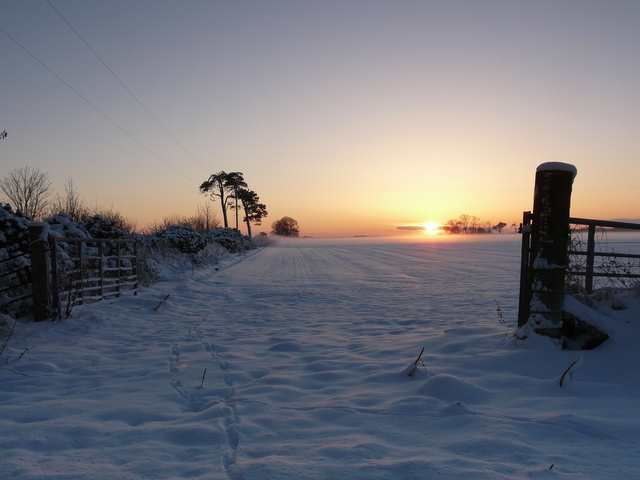
Astronomy
STEM
Environmental and Science Education
Cycles
Edward Hessler
Yesterday daylength was 8h 46m 04s.
Today daylength is 8h 46m 02s.
Tomorrow daylength is 8h 46m 05s.
In general, today is 6h 51 shorter than is the June Solstice, marking summer. It will be a while though before we notice the light and longer before we feel the heat.
The winter solstice is upon us when the "sun stands still," appears to pause. Sol sistere.
Writer Justin Grieser of The Washington Post has a column on five things that are nice/interesting to know about this event with useful diagrams. They are,
What happens on the solstice.
About the number of hours on the solstice.
About sunrise and sunset.
Wait a minute, the earliest sunset and latest sunrise don’t occur on the solstice? (This can be a source of great confusion.)
So why does it get colder after the solstice? (Interesting notes on systems, in which there are often lags.)
And more than likely I'm driving you crazy with this 2nd or 3rd reference to one of the tapes in The Private Universe. You will recall that these tapes were made at graduation events at Harvard University. In this one graduates are asked what causes the seasons (and also the phases of the moon). You might expect these graduates to know, after all, this is Harvard but on the other hand you might expect a high school graduate to know. Most of us have similar confusions even after courses and effort (on both the part of teachers and us).
These tapes always remind me to think about how I know what I'm so convinced that I know (but may not). What is the evidence or in some cases an evidence chain. How good is that evidence? Are other interpretations possible? And so on.
Happy Solsticing!

 CGEE Student Voice
CGEE Student Voice
No comments:
Post a Comment